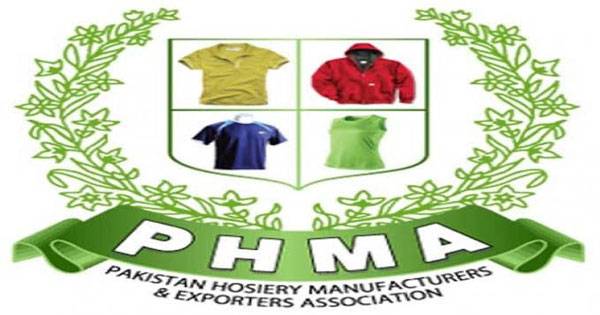Budget proposals: PHMA wants crucial relief measures in taxation

Stay tuned with 24 News HD Android App

The Pakistan Hosiery Manufacturers and Exporters Association (PHMA) has asked the government to take crucial relief measures in taxation with a view to tackling economic challenges, uplifting exports and sustaining the employment in the country.
The PHMA urged the government to look into the ways of reducing the cost of doing business and energy cost for the industry.
In the budget proposals for 2020-21 submitted to the federal government, PHMA vice-chairman Shafiq But said the Association has proposed the government to restore zero-rating of sales tax, reduce withholding tax and impose a regulatory duty on cotton yarn export to create job opportunities.
He said the PHMA has proposed to revive SRO 1125 in its true spirit and reintroduce system of no payment and no refund of sales tax for the five export-oriented sectors. He said that exporters, who have filed their refund claims, have received just 30-40 percent of claims payment, while rest of the refund claims are stuck up with the government, which accumulate to a huge amount of exporters' running capital.
Due to the availability of liquidity and smooth cash flow, the confidence of exporters will be boosted to enhance their exports and cement their business ties with the foreign counterparts to capture true business potential. Currently, the WHT is charged at various levels and items such as import of raw material, registration of new vehicles etc, which is adjusted or refunded later.
Exporters fall under final tax regime u/s 143(b) and should be exempted from payment of the WHT and be given exemption certificates. This will greatly benefit them and also lower workload on the Federal Board of Revenue (FBR) who is busy in a futile exercise. For exporters fall under final tax regime withholding tax should be reduced from one percent to 0.50 percent.
Shafiq But said that this would help exporters in using the cash liquidity for enhancement of the exports.
Currently, there is 11 percent customs duty, five percent regulatory duty, and two percent additional duty on import of the cotton yarn. This has created an artificial shortage of availability of yarn, rendering the value-added textile exporters uncompetitive in the global market against regional competing countries.
This will lead to decline in exports as local industries are hurting and closing down. Further, garment stitching units are not allowed to import yarn under Duty and Tax Remission for Exporters (DTRE).
The PHMA proposed that whenever government desires to impose regulatory duty on import of cotton yarn, the government should also impose regulatory duty on export of cotton yarn, and there should be time limit/duration of the imposition of duty. Shafiq Butt said that exporters have been given incentives on their exports by the government in the shape of Duty Drawback on Taxes (DDT) and Drawback of Local Taxes and Levies (DLTL).
Currently, the government is providing Duty Drawback of Taxes on garment, home textile and fabric exports at four percent, three percent and two percent respectively (50 percent on shipment basis, and remaining 50 percent on the condition of increment). However, due to complete lockdown, exports are halted since March 2020 and it is impossible to increase exports.
Therefore, it is proposed that for 50 percent of Duty Drawback of Taxes, the government should check export performance of eight months during July-February 2019-20 over July-February 2018-19 before lockdown instead of 12 months July-June 2019-20 over July-June 2018-19.
